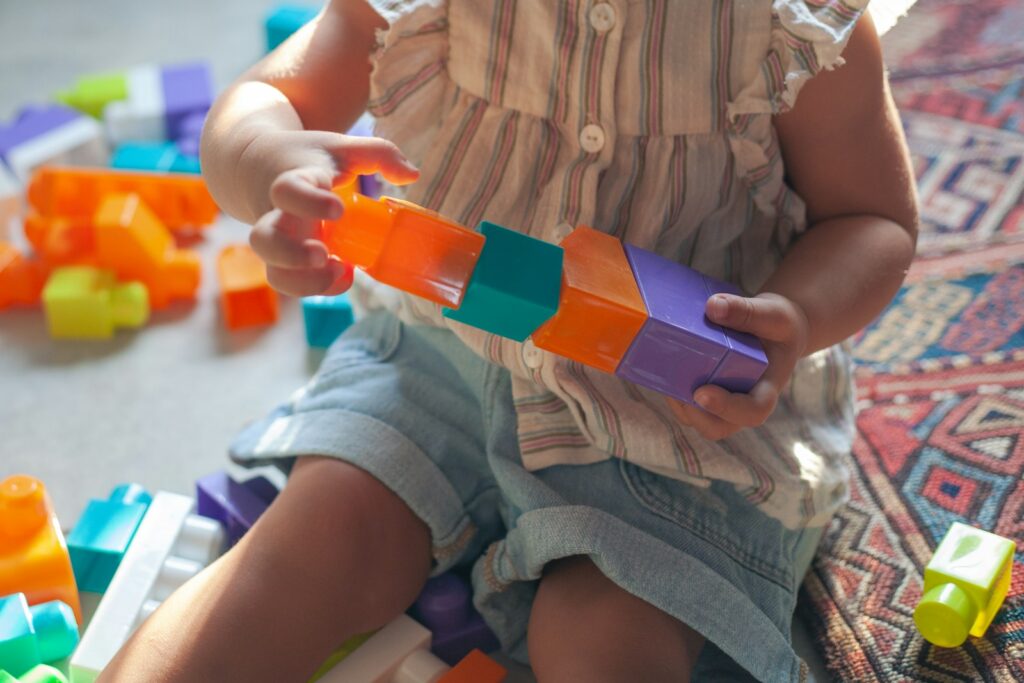Grace Meadows, campaign director for Music for Dementia, is calling for the social care sector to take action in making music an integral part of dementia care.
In March 2020, the volume was turned down on live music and the world was sounding eerily silent. Many of us, including those of us who are musicians and music therapists, were not expecting what happened next.
From singing from balconies to performances outside care home windows, music played a critical role in helping communities all over the world manage and deal with the severe impacts of the pandemic.
As an unexpected consequence, we had a collective awakening to the power of music to support health and wellbeing. We were using music’s therapeutic benefits to help us manage and deal with something we had no control over.
This was particularly the case for people living with dementia.
For several decades now, music has been used in dementia care to support and enhance quality of life. The evidence base for its effectiveness and impact has been growing, with evidence demonstrating that music therapy reduces agitation and the need for anti-psychotic medication in 67% of people living with dementia.
But it remains, for many, something that is considered a nicety and not a necessity to support those living with dementia. And yet, in music, we have a tool that enables us to connect with people with dementia regardless of the severity of the condition because of the way music is processed across the whole brain and not just in one region. Therefore, as the condition progresses, music is still able to cut through and help people to connect and communicate.
Awareness is not enough in ensuring that the almost 1m people in the UK with dementia have access to music as an integral part of their care. As we begin to start recovering and rehabilitating from the pandemic, now is the time to think about what we can do better, and more of, in a post-Covid world.
For people living with dementia, alongside providing them with a social care system that works for them, it is also about helping to make music an integral part of dementia care.
There are many people, either lifelong musicians or musical novice, who have had transformational experiences with dementia. Music can help someone to get up, washed and dressed in the morning or to have a meaningful connection in the here and now with a loved one.
It needs to be acknowledged in the national dementia strategy as an integral way of enhancing and enriching the quality of life for those living with dementia. We need to reimagine dementia care using the power of music.
Without music being explicitly referenced in the strategy, music will remain classed as a nicety rather than a necessity by the care system when it should be at the heart of good, personalised dementia care. Without this, it will not become a standard part of dementia care and provision will remain patchy.
Already delayed, there is an urgency for this strategy to be published and for the lives of those living with dementia and their carers to be prioritised as we begin to recover and rehabilitate from the pandemic. Time is not on our side. By 2040, the number of people expected to have dementia is projected to double to 1.6m. We won’t have a cure by then, but we do have music at our fingertips to help improve and enhance quality of life and quality of care.
That’s why we are calling on government to deliver on its objectives as set out in the Challenge on Dementia 2020, published in 2015. It states that the UK government wanted England to be:
- The best country in the world for dementia care and support and for people with dementia, their carers and families to live
- The best place in the world to undertake research into dementia and other neurodegenerative diseases
So now is the time, for all those who can, to step up and play their part in putting dementia care at the top of the agenda again. It will mean people with dementia and those caring for them receive the quality of care and support they deserve to live as well as possible with dementia. Let’s make sure music helps us lead the way in making this happen.
Photo Credit – Lynden Consulting







